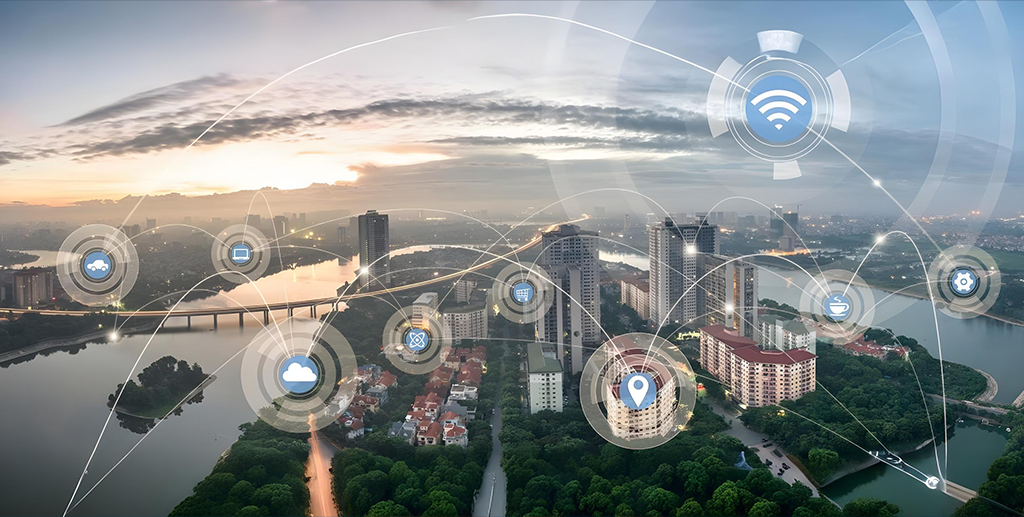A landmark global study has unveiled the powerful role that the Internet of Things (IoT) is playing in driving the transformation of cities toward sustainability, inclusivity, and resilience. Published in Results in Engineering, the research underscores how connected technologies are reshaping urban infrastructure and accelerating progress toward the United Nations Sustainable Development Goal 11 (SDG 11): sustainable cities and communities.
Drawing from more than 6,300 publications between 2010 and 2024, the study conducted an in-depth bibliometric and thematic analysis to assess how IoT is contributing to sustainable urban development. The results highlight a surge in research and implementation of smart technologies, particularly in Asia, which accounts for over 68% of global output. China, India, and Saudi Arabia emerged as leaders in the field, with the UK maintaining a strong presence among European contributors.
The analysis reveals that key areas of innovation include smart buildings, intelligent transportation systems, cyber-physical infrastructures, citizen engagement, and environmentally conscious “green IoT” applications. These technologies are helping cities tackle the mounting challenges of urbanisation, climate change, mobility, and public service efficiency.
Real-world examples illustrate the tangible impact of IoT on urban life. In Barcelona, the installation of sensor-controlled traffic lights and energy-efficient street lighting has led to notable reductions in congestion and power usage. New York City and Singapore are leveraging IoT for air quality monitoring and the deployment of autonomous public transport, while Indore, India, has successfully implemented GPS-enabled smart waste systems to reduce its dependency on landfills. These innovations not only enhance service delivery and energy efficiency but also bolster public health, safety, and resilience.
The report also identifies several technological trends that are expected to shape the future of smart cities. Among the most prominent is vehicle-to-vehicle communication, a system poised to improve road safety and reduce urban emissions. IoT-connected drones are gaining traction in areas such as emergency response, agricultural monitoring, and traffic surveillance. At the same time, cybersecurity is emerging as a critical priority, with real-time operating systems and intrusion detection being key to protecting interconnected urban networks. Blockchain technology is also gaining ground as a tool for verifying and securing urban data.

Despite these advancements, the study warns that digital transformation must be approached with caution and foresight. Researchers call for stronger cross-sector collaboration, ethical data governance frameworks, and increased investment in digital infrastructure, particularly in underrepresented regions such as Africa and Latin America. Dr. Shaher Zyoud, the lead author and professor of environmental engineering at Palestine Technical University, emphasised the need to integrate social equity and privacy protections into the foundation of smart city planning.
“Smart cities are no longer a vision of the future, they are today’s reality,” he said. “But to ensure they are inclusive and sustainable, we must embed equity, privacy, and resilience at the heart of digital urban planning.”
For the UK’s construction and infrastructure sectors, the findings offer clear and timely insights. As the country accelerates toward its net-zero targets and embraces the smart city agenda, IoT is becoming a central pillar in modern urban development. Digital-first planning systems, connected infrastructure, and sensor-equipped housing are rapidly evolving from concepts to necessities. Local authorities, under increasing pressure to deliver more efficient services with tighter budgets, are turning to IoT solutions to reduce operational costs, meet regulatory goals, and enhance overall quality of life for residents.
As cities continue to evolve in the face of climate, economic, and demographic pressures, the message from this research is unmistakable: smart, connected infrastructure is no longer optional. It is the foundation of the sustainable, resilient, and inclusive urban environments the world now urgently needs.



